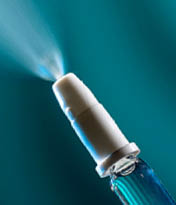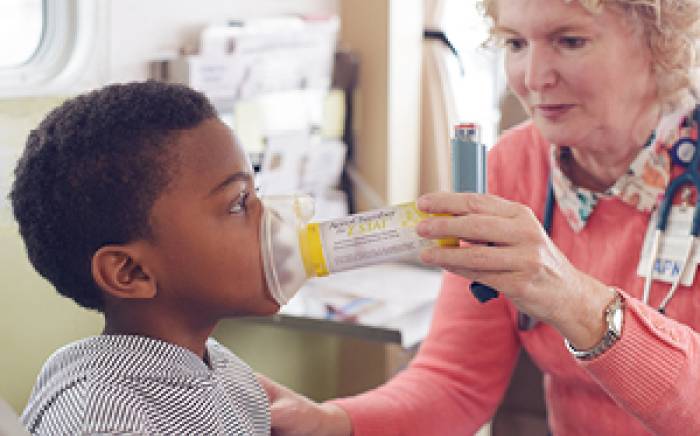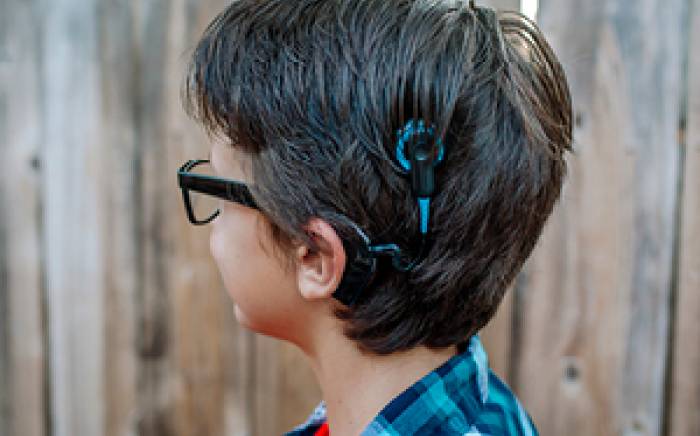 The Centers for Disease Control and Prevention’s Advisory Committee on Immunization and Practices (ACIP) has concluded the nasal spray flu vaccine should not be used during the 2016-2017 flu season, citing evidence of ineffectiveness. The committee’s decision came after it reviewed data from several years; most recently, preliminary data from the 2015-2016 flu season indicated the nasal spray vaccine was only 3 percent effective. Health officials say this means the vaccine provided no measurable protective benefit. By comparison, the flu shot was about 63 percent effective.
The Centers for Disease Control and Prevention’s Advisory Committee on Immunization and Practices (ACIP) has concluded the nasal spray flu vaccine should not be used during the 2016-2017 flu season, citing evidence of ineffectiveness. The committee’s decision came after it reviewed data from several years; most recently, preliminary data from the 2015-2016 flu season indicated the nasal spray vaccine was only 3 percent effective. Health officials say this means the vaccine provided no measurable protective benefit. By comparison, the flu shot was about 63 percent effective.
Washington University physician Rachel Orscheln, MD, pediatric infectious diseases physician at St. Louis Children’s Hospital, summarizes additional modifications and clarifications made by ACIP:
- Children under 9 years of age receiving their first flu vaccination need two doses. For the 2016-2017 flu season, ACIP recommends that children 6 months to 8 years old who previously received greater than two doses of influenza vaccine before July 1, 2016, require only one dose. Children in this age group who have not previously received greater than or equal to two doses of trivalent or quadrivalent vaccine before July 1, 2016, require two doses for this season.
- For persons with egg allergies, the ACIP has modified its recommendation from observing individuals 30 minutes after receiving the shot to 15 minutes. Those with severe allergies (other than hives) should be vaccinated in an inpatient or outpatient medical setting under the supervision of a health care provider who can manage or recognize severe allergic conditions.
“As in the past, routine annual influenza vaccine is recommended for all persons over 6 years of age. Optimally, vaccination should occur before the season begins in the community, which means vaccines should be offered by the end of October if possible. Most people develop vaccine specific immunity within two weeks of receiving the vaccination,” says Dr. Orscheln. “Statistics from the Centers for Disease Control and Prevention indicate that since 1982, 74 percent of influenza seasons have peaked in January or later. However, we can have earlier peaks, which is why it is important to immunize children as soon as possible. Depending on the match of the strain, it’s believed the vaccine provides protective immunity for almost a year.”
For questions or to speak with an infectious diseases physician at SLCH, call Children’s Direct at 800.678.HELP (4357).












